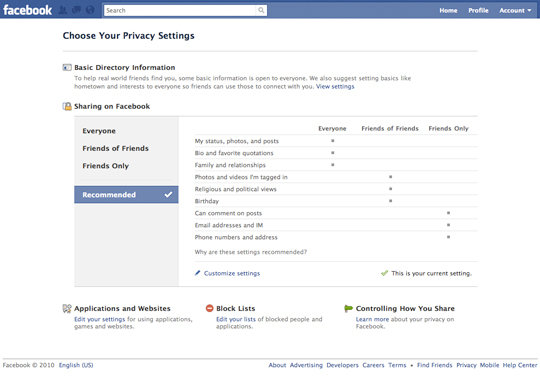If your teen seems moody and withdrawn after spending time on a social networking site, the problem may not be cyberbullying – it could be a sign of Facebook depression.
Facebook depression is a blanket term for any depression that develops when a teen spends a lot of time on social media, comparing their lives to the posts of other people.
For some teens, social networks may end up feeling like a popularity contest where they always lose: they don't have as many friends on their buddy list, as many happy tidbits of news to tweet about, as many Kodak moments with their friends as everyone else seems to.
In fact, I felt the pull of Facebook envy when my sister-in-law sent me a link to her Flickr account. As expected, it was populated with pictures of her happy children having the time of their lives on various picture-perfect family vacations, and by the bottom of the second page I was already doubting myself as a mother.
Where were the kids with lunch leftovers on their faces throwing tempter tantrums? Where were the piles of dirty laundry, or the piles of clean laundry that never get folded and leave the basket? Was I doing something wrong?
So I can certainly see how Facebook for kids could become a depressing activity, reading about the fun parties they weren't at and looking at photo after photo of other people laughing it up with their BFFs. By immersing yourself too much in social networking, it's easy to lose perspective and measure your worst against everyone else's best.
Here are 10 signs that your child could be suffering from Facebook depression:

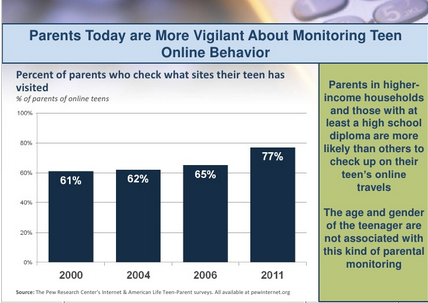
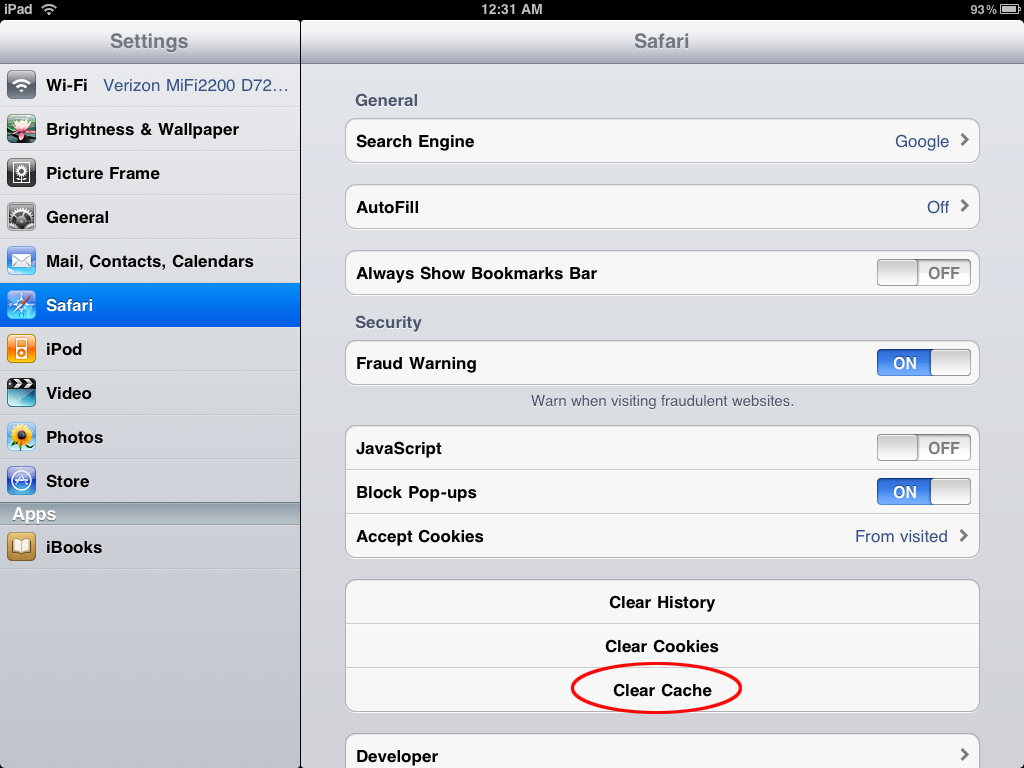
 An interesting article reported by the New York Times: Kids Safety, Facebook Depression and How Depressives Surf the Web. By SRIRAM CHELLAPPAN and RAGHAVENDRA KOTIKALAPUDI
An interesting article reported by the New York Times: Kids Safety, Facebook Depression and How Depressives Surf the Web. By SRIRAM CHELLAPPAN and RAGHAVENDRA KOTIKALAPUDI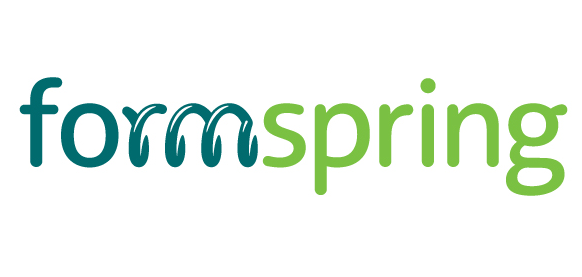
 Is Facebook creating a melting pot for online predators and cyberbullying by
Is Facebook creating a melting pot for online predators and cyberbullying by  With the sprawling number of cyberbullying, sexting, and faculty/predator scandals of late the Arlington County School Board is Considering a Social Media Policy applying to teachers and staff. As reported by
With the sprawling number of cyberbullying, sexting, and faculty/predator scandals of late the Arlington County School Board is Considering a Social Media Policy applying to teachers and staff. As reported by 

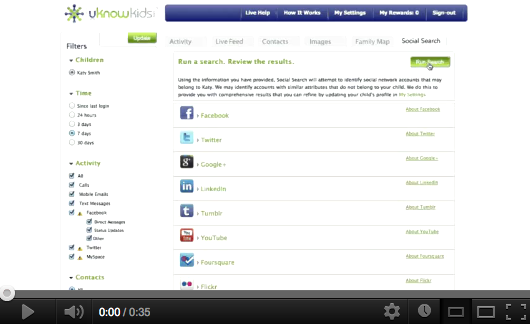
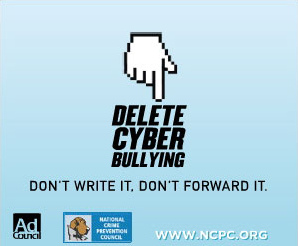
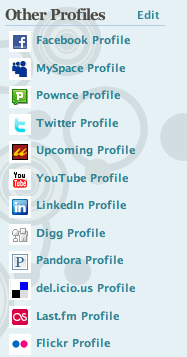



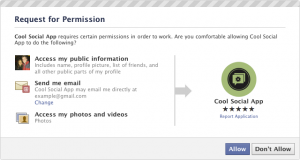
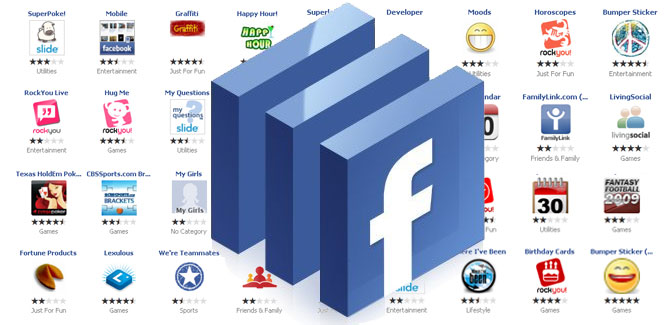
 The recent buzz in the media is about the new movie BULLY. After failing to lower its rating from R to PG-13 the film is being released without a rating.
The recent buzz in the media is about the new movie BULLY. After failing to lower its rating from R to PG-13 the film is being released without a rating.